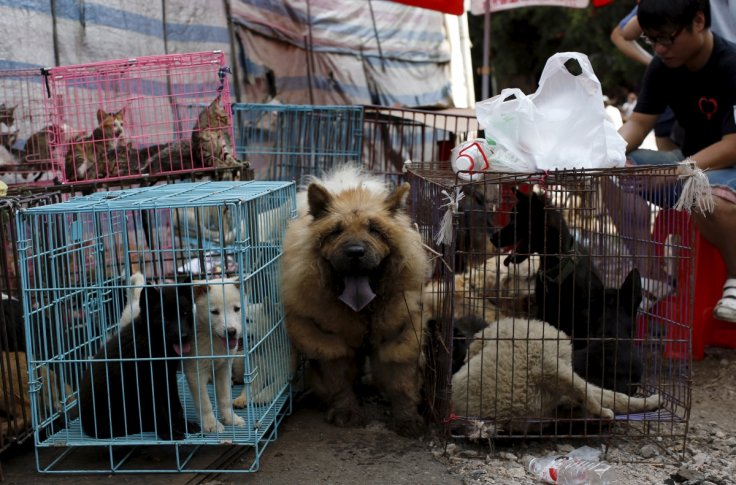China's southern city of Shenzhen has become the first in the country to ban the sale and consumption of cats and dogs. The decision is a part of a wider ban on the sale and consumption of wildlife that was enforced in the Asian nation in late February.
Shenzhen bans consumption of cat and dog meat

After the origin of the novel coronavirus was attributed to the wildlife trade and consumption in the Chinese city of Wuhan, the country's top legislature banned the practice throughout the country.
Now, Shenzhen, the Chinese city bordering Hong Kong, has taken the ban a step further and prohibited the sale and consumption of cat and dog meat. The order will come into effect on May 1. "Dogs and cats as pets have established a much closer relationship with humans than all other animals, and banning the consumption of dogs and cats and other pets is a common practice in developed countries and in Hong Kong and Taiwan," the city's government said on Wednesday, Reuters reported.
"This ban also responds to the demand and spirit of human civilization," he added.
Shenzhen's efforts lauded by animal welfare groups
"Shenzhen is the first city in the world to take the lessons learned from this pandemic seriously and make the changes needed to avoid another pandemic," said Teresa M. Telecky, the vice- president of the wildlife department for Humane Society International (HSI). "Shenzhen's bold steps to stop this trade and wildlife consumption is a model for governments around the world to emulate," she added.
"This really could be a watershed moment in efforts to end this brutal trade that kills an estimated 10 million dogs and 4 million cats in China every year," said Dr Peter Li, China policy specialist for HSI. According to HSI, 30 million dogs and 10 million cats are killed annually for human consumption across Asia.
Coronavirus pandemic
Covid-19, the disease caused by novel coronavirus first emerged in late December in the Chinese city of Wuhan, the capital of its Hubei province. Within three months, the disease has spread to over 150 countries, infecting 950,708 people and killing 48,311. In China alone, the disease infected 81,589 and killed 3,318; according to country's official figures.









